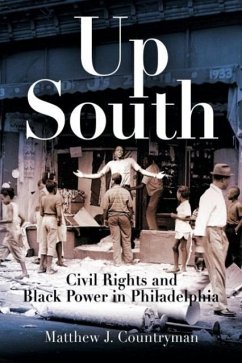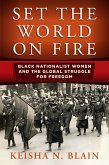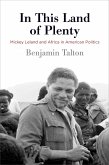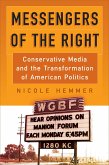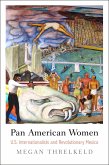Up South documents the efforts of Philadelphia's Black Power activists to construct a vital and effective social movement combining analyses of racism with a program of grassroots community organizing in the context of the failure of civil rights liberalism to deliver on its promise of racial equality.
Hinweis: Dieser Artikel kann nur an eine deutsche Lieferadresse ausgeliefert werden.
Hinweis: Dieser Artikel kann nur an eine deutsche Lieferadresse ausgeliefert werden.
"Up South deftly integrates civil rights, black power, and urban history to craft a powerful portrait of black activism in postwar Philadelphia. This brilliant, innovative, and richly researched study deserves the widest possible readership."-Peniel E. Joseph, Journal of American History "Matthew Countryman has presented us with a real treasure house in his history of Civil Rights and Black Power in the urban North."-Komozi Woodard, author of A Nation Within a Nation: Amiri Baraka and Black Power Politics "Up South is deeply researched, original, and important. It will be impossible to write about Northern Civil Rights and Black Power without grappling with Countryman's powerful book."-Thomas Sugrue, author of The Origins of the Urban Crisis: Race and Inequality in Postwar Detroit "A marvelous book ... of enormous accomplishment. It challenges historians to rethink the periodization of the civil rights movement and ... forces us out of the southern success/northern decline framework for understanding movement politics."-Robert O. Self, Pennsylvania Magazine of History and Biography "Well argued, extremely well documented, and persuasive... An excellent contribution to the study of how local black leaders reshaped civil rights in the postwar urban North."-American Historical Review

